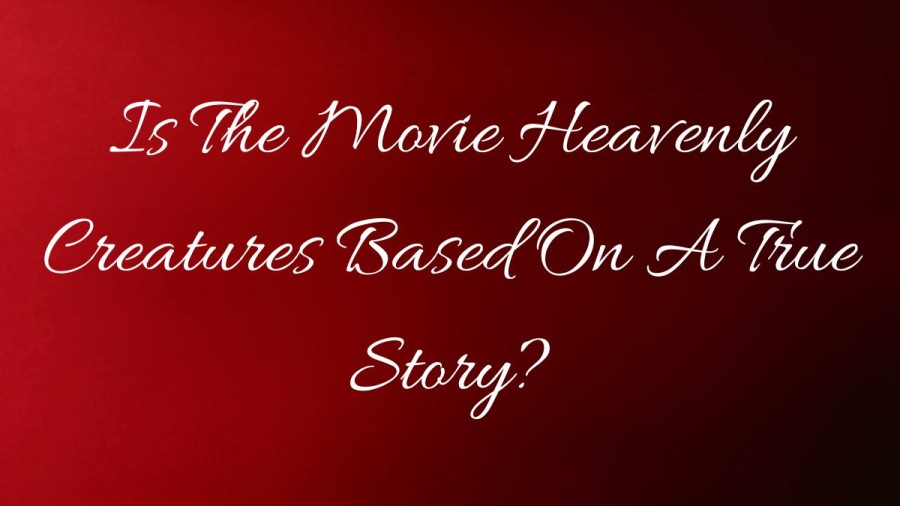
Overview of “Heavenly Creatures”
Released in 1994, “Heavenly Creatures” is a New Zealand film directed by Peter Jackson and co-written by Fran Walsh. This biographical psychological drama delves into the complex relationship between two teenage girls, Pauline Parker and Juliet Hulme, ultimately leading to the murder of Parker’s mother. The film received critical acclaim for its performances, direction, and screenplay, earning an Oscar nomination. Jackson, Walsh, and Jim Booth decided to focus on the girls’ friendship rather than sensationalizing the murder itself. By extensively researching the case through interviews and Pauline’s diary, the filmmakers aimed to portray a more humane version of events and honor the tragic friendship that went awry.
Exploring the True Story Behind “Heavenly Creatures”
The murder case of Honora Parker, on which the film is based, remains one of New Zealand’s most notorious crimes. While the film was shot on location in Christchurch and drew inspiration from Parker’s diary, it offers a nuanced perspective on the girls’ motivations that led to the murder. Expert opinions during the trial debated the influence of their shared fantasy world on the crime and the nature of their relationship. Prior to the film’s release, Peter Jackson’s exploration of this dark tale propelled him into the international spotlight, marking a significant shift in his filmmaking career.
Deciphering the Ending of “Heavenly Creatures”
In the movie, Juliet discovers her mother’s affair and plans to elope with her friend, Pauline, whom they believe stands in the way of their union. This leads to a plot to murder Pauline’s mother at Victoria Park. The subsequent arrest, trial, and imprisonment of the two girls unravel a tale of twisted loyalty and tragic consequences. Released separately and forbidden to reunite, the ending of “Heavenly Creatures” paints a somber portrait of a friendship gone terribly wrong.
Critical Review of “Heavenly Creatures”
“Heavenly Creatures” intricately captures the tumultuous friendship between Pauline and Juliet, set against the backdrop of 1950s Christchurch. Through their fantastical visions and emotional entanglements, the film delves into the complexities of teenage relationships and societal constraints. The vibrant portrayal of the characters, coupled with a richly woven narrative, immerses viewers in a world of intense emotions and tragic consequences. As the credits roll, the impact of their bond lingers, leaving audiences pondering the profound effects of youthful ardor gone awry.
TRENDING
Disclaimer: The information presented above serves as a general overview for informational purposes only. While every effort is made to ensure accuracy and reliability, no guarantees are made regarding the completeness or validity of the information provided on the Site.
